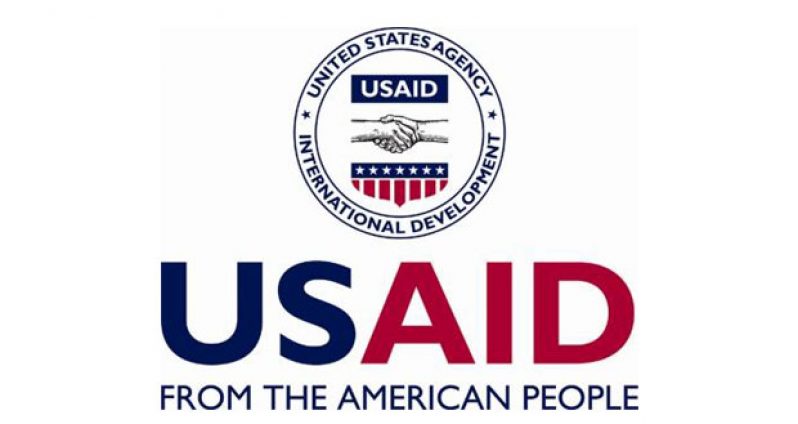THE USAID Skills and Knowledge for Youth Employment (SKYE) Program, in collaboration with the Ministry of Social Protection and the Ministry of Education (Department of Culture, Youth and Sports) conducted a two-day training programme for officers from both ministries in the SKYE Program’s Coaching methodology, which concluded yesterday. The training built capacity of Probation Officers and Youth Officers, allowing them to enhance their skills in coaching and mentoring at-risk youth and other youth in a more interactive manner, focusing on youths’ talents and individual strengths. This coaching approach enables youth to develop in a sustained manner and ultimately reduces their vulnerability to acts of crime and violence.
At the opening ceremony on Thursday, Minister of Social Protection, Volda Lawrence, gave the keynote address. She emphasised the importance of education for youth, as well as the critical role of adults and institutions to take responsibility in the guidance, care and protection of youth. Minister Lawrence urged participants, particularly those from her Ministry, to participate fully in the training activity so that they can acquire enhanced skills to help the at-risk youth with whom they will interact.
U.S. Embassy Chargé d’Affaires a.i., Mr. Peter Anthes, thanked partners in Government and other sectors for continuing to support the goals and objectives of the SKYE Program and remarked that “In order for this work to be expanded and for partners to reach increasing numbers of youth and ensure that they continue to receive support during and beyond the existence of the SKYE Program, we must deepen our partnerships, with Government and other partners, transferring technical capability and sharing tools that are proven successes.”
Participants were also briefed by the main facilitator of the training, distinguished Professor Erik Butler from the Educational Development Centre, the implementing agency for the USAID SKYE Program, who shared the expectation that the training would be equally beneficial to participants and trainers as it provided a forum for sharing experiences and expectations.
Going forward, the use of the coaching in serving youth populations will be monitored and adjustments made as are necessary, in order to improve effectiveness.



.jpg)










